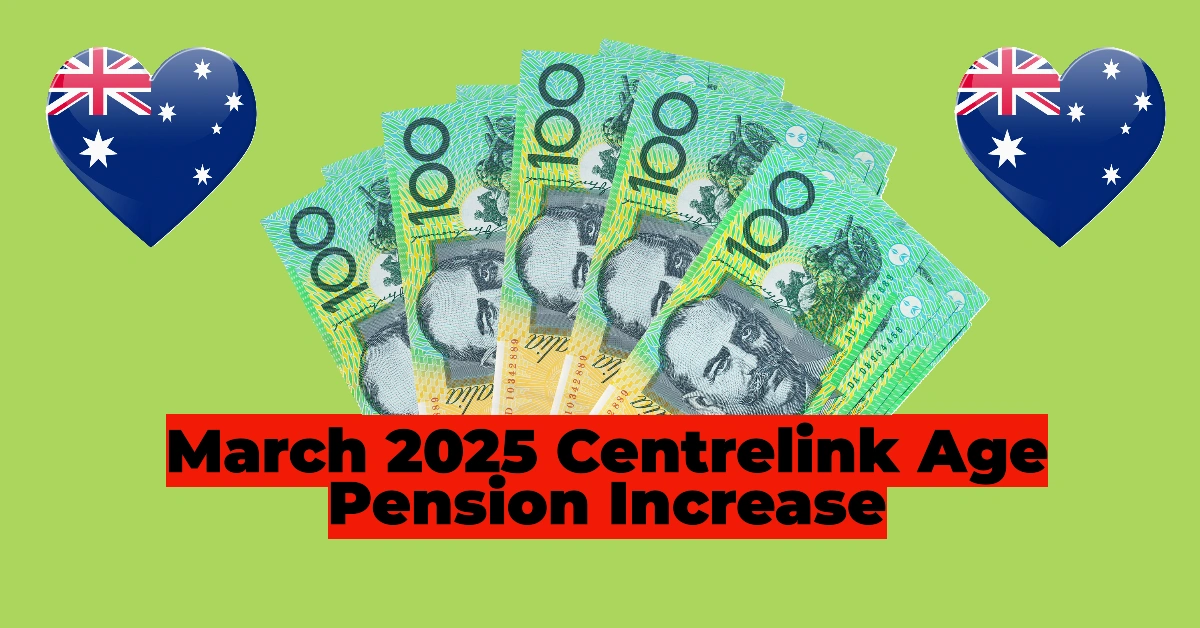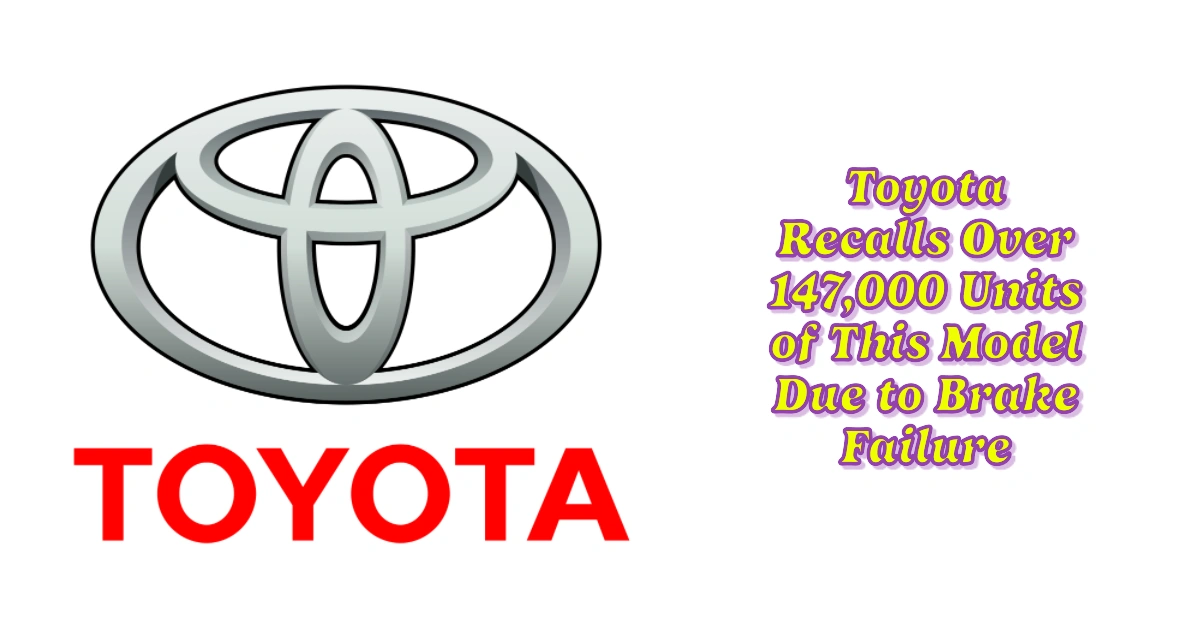You can absolutely continue working while receiving CPP benefits. There’s no mandatory retirement age in Canada, and your employment status doesn’t affect your eligibility for CPP.
Table of Contents
Age and Your CPP Benefits
Do Age Matters?
Yes, age significantly impacts your CPP benefits.
- Ages 60-64: If you’re working, you must continue contributing to the CPP. These contributions build up your post-retirement benefits.
- Age 65: You can choose whether to continue contributing to the CPP. If you do, you’ll earn additional post-retirement benefits.
- Age 70: CPP contributions stop, regardless of your employment status.
Post-retirement benefits are additional amounts added to your CPP pension for each year you contribute after age 60. These benefits are paid for life and are indexed to inflation.
Earnings and Your CPP Benefits
Do Earnings Matter?
Yes, your earnings definitely matter when it comes to your CPP benefits.
Here’s how:
- CPP Contributions: The more you earn, the more you contribute to the CPP. These contributions build up your pensionable earnings, which directly impact your future CPP benefits.
- Maximum Pensionable Earnings (YMPE): There’s a yearly maximum amount of earnings subject to CPP contributions. Earning more than this cap doesn’t increase your CPP contributions for that year.
- Post-Retirement Benefits: If you work past age 60, you can continue to contribute to the CPP and earn additional post-retirement benefits, increasing your overall CPP pension.
- CPP Calculation: Your average earnings over your working life are used to calculate your CPP benefit. Higher earnings generally lead to a higher CPP pension.
In summary, the more you earn and contribute to the CPP, the higher your potential CPP benefits will be.


CPP Maximum Pensionable Earnings (YMPE) and CPP Calculation
Understanding the YMPE and Its Impact on CPP Benefits
The Yearly Maximum Pensionable Earnings (YMPE) is crucial in determining your CPP benefits. It’s the maximum amount of income subject to CPP contributions in a given year.
How it affects your CPP:
- Contributions: Only income up to the YMPE is subject to CPP contributions.
- Pensionable Earnings: Your average YMPE over your working life is used to calculate your CPP benefit. A higher average YMPE generally leads to a higher CPP pension.
Example: If the YMPE for 2023 is $66,600 and you earned $80,000, only $66,600 will be considered for your CPP contributions that year.
CPP Survivor Benefits: How Long Will i Receive & Who is Entitled?
OAS Payment Dates 2024, Increase & More!
CPP & OAS Increase 2024: Future Benefits & What to Expect
CPP Payment Dates 2024, Increase, Disability Benefit, CPP Amount & Limit
Calculating Your Potential CPP Benefit
Calculating your exact CPP benefit is complex and involves various factors, including:
- Your average pensionable earnings over your working life
- Your age when you start receiving CPP
- Any additional post-retirement benefits earned
The Canada Pension Plan uses a complex formula to determine your benefit. While it’s possible to estimate your CPP using online calculators, for precise calculations, it’s recommended to contact the CPP directly or consult with a financial advisor.
Important Considerations
- Tax Implications: Working while receiving CPP can affect your tax bracket. Consult with a tax professional to understand the implications.
- CPP Maximum Pensionable Earnings: There’s a limit to the amount of income subject to CPP contributions.
- Other Retirement Income: Consider how working and CPP benefits fit into your overall retirement income plan.
Home: Southern Ontario Smart News









15 thoughts on “Working While Receiving CPP Benefits: What Happens, Do Age & Earnings Matter?”